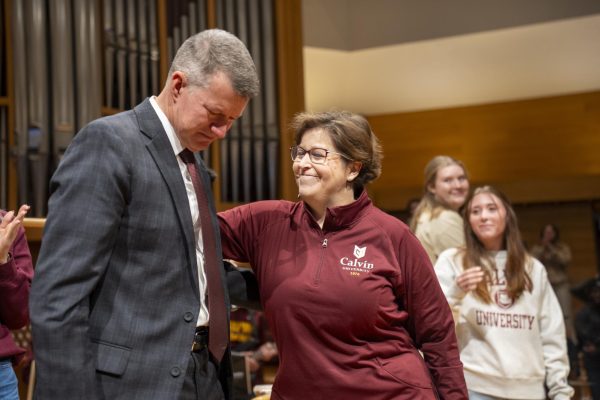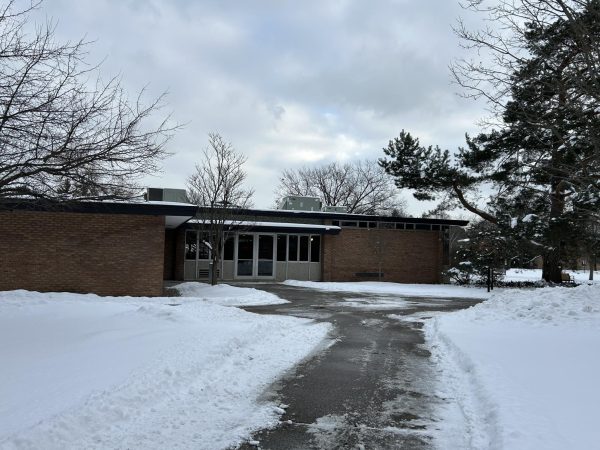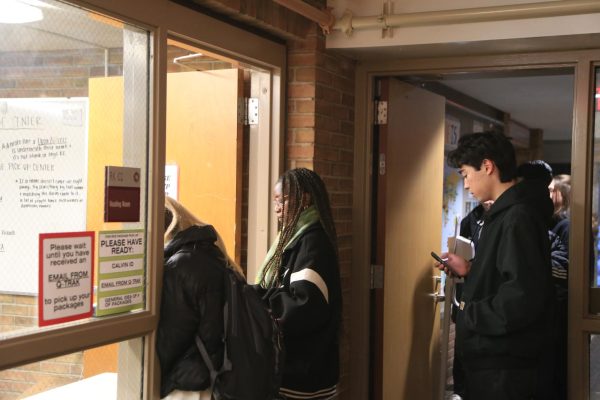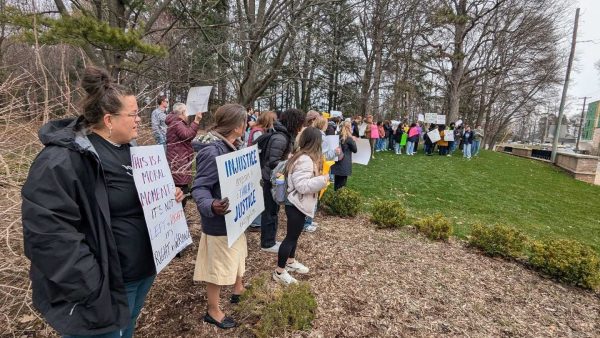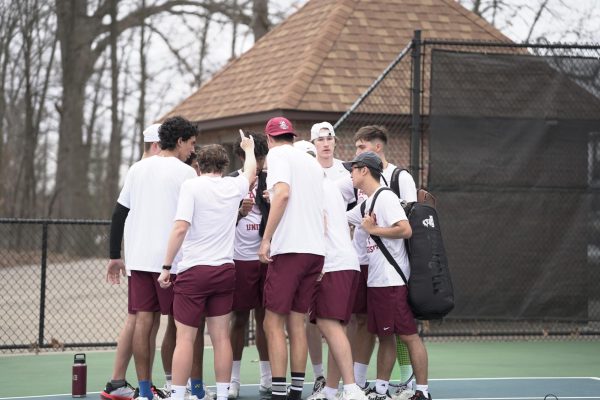Calvin prepared for active shooter
Calvin is completing a new lockdown system to keep students safer. Additionally, campus safety is promoting emergency preparedness through active-shooter training.
Calvin’s previous access control system, an Amag system, was installed back in 1995. Three years ago, a campus lockdown was initiated by an armed robbery at the bus stop near the Burton entrance to campus.
According to the director of campus safety, William Corner, other colleges have a variety of access control systems. In discussions about an upgrade to the lockdown system a few years ago, President Le Roy requested a one-button solution that would lock down all buildings on campus.
While the previous system could lock down campus buildings, it was not capable of a one-button solution. Instead, the previous system required a multi-stage process that would cost precious minutes in an emergency situation.
Calvin decided to replace the Amag system with a Lenel system. Corner said the new Lenel access control system can lock down every exterior door on campus with the press of one button. There is a button in the dispatch office that says “Lockdown.” It is covered in a plastic enclosure so it is not accidentally pushed.
The new system was tested before the start of this school year. Campus safety confirmed that all exterior doors on the system locked correctly.
“That made me feel much better,” said Corner.
Although maintaining two systems is a logistical hassle, Corner explained the adoption of the new system has been staggered because of the cost. In addition, implementation has occurred in pieces to make the transition as smooth as possible.
According to Corner, the most vulnerable buildings were converted first, including Hekman Library, Hiemenga Hall, and the Chapel. These are three of the oldest buildings on campus.
Carla Moyer Hotz, head of access services at Hekman Library, also remarked that several recent school shootings at other colleges and universities happened at school libraries. Our library is open to the public and does not require an ID to get into, making it especially vulnerable.
Next, the Spoelhof complex was converted because it contains many important offices. The science complex contains many dangerous materials in the labs, so it was converted as well. The Fieldhouse complex and the engineering building have been converted over the past few weeks. After that, the Knollcrest East apartments, the CFAC, and the DeVos building are next to be converted.
Moyer Hotz explained how the automatic locks work on the open doors in the library.
“The magnet that hold the doors open can disengage, close everything down so that no one can gain access.”
In addition to emergency situations, the automatic lock system is helpful for day-to-day use. Moyer Hotz explained that it is much easier than sending a student employee around at the beginning and end of each day.
“So if my student is late unlocking the doors, they unlock automatically. And so if a student is in a hurry to get their paper printed they can get in automatically.”
In addition to the lock system, Corner led an active-shooter training in the chapel undercroft this week. He explained a “run, hide, fight” plan and encourages attendees to learn to be aware of their surroundings. Any suspicious activity should be reported to campus safety or their Calvin Assessment Response and Evaluation (CARE) Team.
Corner also shared a few reminders to the attendees for what to do during an emergency. Do not to pull a fire alarm, he said, because sometimes shooters use a fire alarm to lure people out. If you are barricaded in a safe location, do not leave until the police come find you. If forced to confront the attacker, assess what you have at your disposal.
“Anything can be a weapon,” he said.
An active shooter situation is a remote possibility, but must be taken seriously. Although being hit by a tornado is more likely than being involved in this sort of situation, preparation is key, said Corner.




